6 Tips for a Healthy 2024
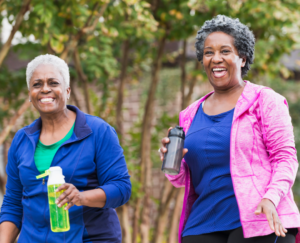 Health is about more than visiting the doctor’s office. Adding small but significant healthy habits to your daily life will lead to big improvements in your overall health and wellness in 2024. Set yourself up for long-term success with these 6 tips for getting and staying healthy in the new year.
Health is about more than visiting the doctor’s office. Adding small but significant healthy habits to your daily life will lead to big improvements in your overall health and wellness in 2024. Set yourself up for long-term success with these 6 tips for getting and staying healthy in the new year.
Set Realistic Goals
Big change happens in small steps. When people try to change too much, too quickly, they set themselves up for failure and can lose motivation. Set goals and make simple, measurable plans to take steps toward a healthier you. For example, if you’d like to start eating healthier snacks, a simple goal may look like exploring one new healthy snack each week. An unrealistic goal may be immediately preparing healthy snacks five days a week. Once you’ve accomplished one small goal, move on to the next, and by the end of the year, you’ll have accomplished so much.
Move Your Body
Moving your body is one of the most important things you can do for your health. It can improve your brain health, reduce your risk of disease, and improve your ability to do everyday activities. Some examples of steps you can take to slowly increase your physical activity include walking while catching up with a friend or family member on the phone, dancing at home or at a class, and parking farther away from the entrance of wherever you’re going.
Two of our locations, Southeast Health & Wellness Center and Hornsby Bend Health & Wellness Center, offer Zumba classes if you’re looking for a new and fun way to move your body. Call 512-978-9015 for more information on class schedules.
Eat More Vegetables, Fruit, Beans and Whole Grains
Eating more plant-based foods—whole grains, vegetables, fruits, and beans—plays a big role in preventing illness and helping you live a healthier life. These foods are high in fiber, protein, and other nutrients your body needs to thrive. You can get started by adding more vegetables (even small amounts) to your plate at lunch and dinner and including whole grains, like oatmeal and fruit, to your breakfast.
Drink More Water
Water is vital to our health. It plays a key role in how your body feels and functions—it even affects energy levels and how well your brain works. Most people need around 64 ounces, or eight cups, of water per day.
Try keeping a reusable bottle with you, setting reminders to drink more water (for example, try setting a reminder to take a few sips of water every 30 minutes), or find ways to flavor your water with fruit to make your drinking experience more pleasurable. You can also eat more foods that are high in water, like zucchini, cabbage, watermelon, cantaloupe, and honeydew melon.
Prioritize Sleep
Sleep does more than just help you feel rested and energized for the day. Lack of sleep can raise your risk of high blood pressure, increased stress, weight gain, and depression.
Most adults need seven to nine hours of sleep a day. Try minimizing screen time before bed and get settled in bed just 10 minutes earlier to start.
Schedule Health Screenings
There’s no better time than the new year to schedule anannual check-up or any other health screening you may need. Regular check-ups allow your doctor to identify potential health issues before they become bigger problems. Scheduling your annual check-up or screening will also help you stay on top of immunizations and other preventative care.
For quality, affordable care regardless of your insurance status or ability to pay, schedule an appointment at one of our locations by calling 512-978-9015 or visiting communitycaretx.org.
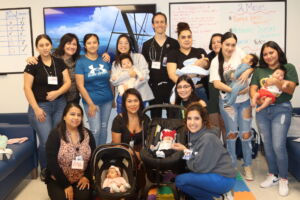 “It’s really an incredible model, you’re drawing out of the parent and empowering them to harness what they already know and key into that maternal or parental instinct,” said Dr. Michelle Gallas, Pediatrician at CommUnityCare Health Centers. “So, the idea is that families form a community inside of the medical home.”
“It’s really an incredible model, you’re drawing out of the parent and empowering them to harness what they already know and key into that maternal or parental instinct,” said Dr. Michelle Gallas, Pediatrician at CommUnityCare Health Centers. “So, the idea is that families form a community inside of the medical home.”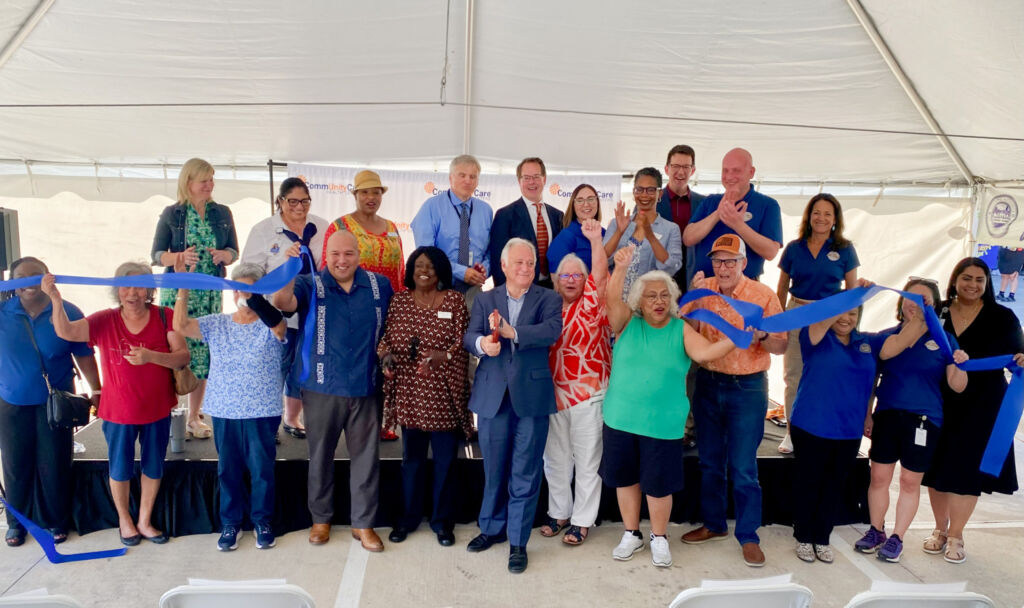
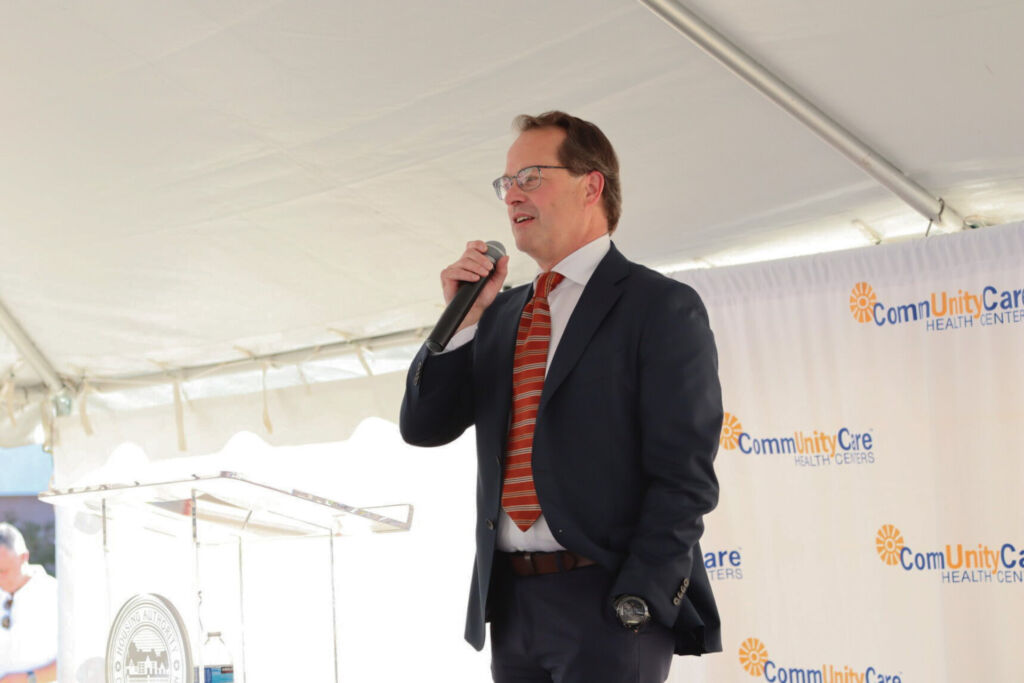
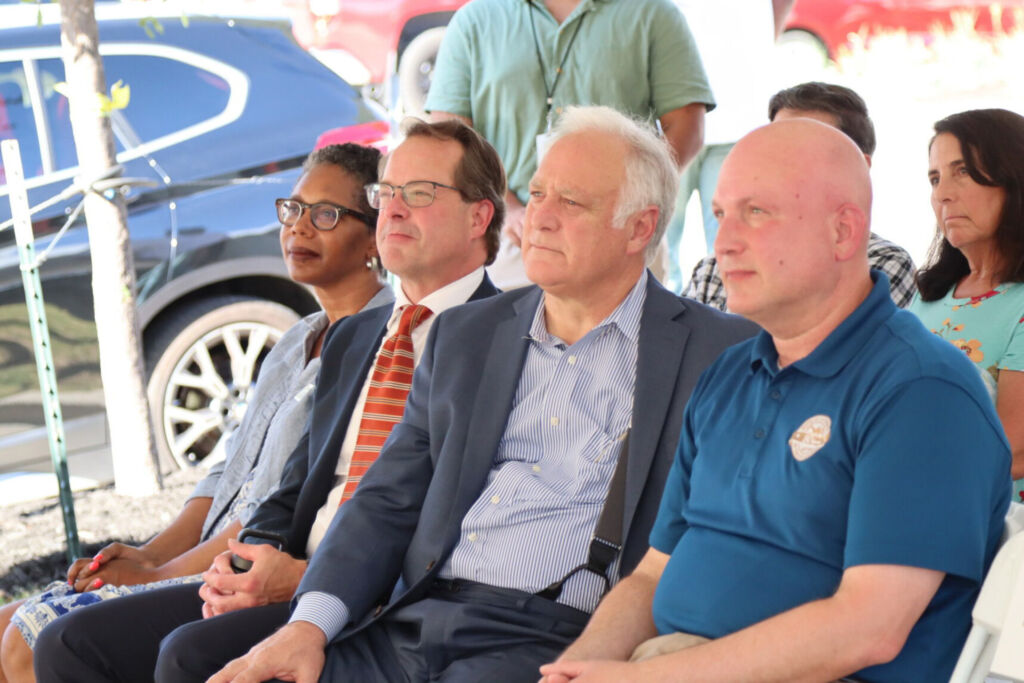


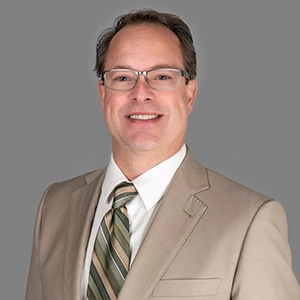 Jaeson T. Fournier, D.C., MPH, is the chief executive officer of the CommUnityCare Health Centers, which operates 28 community health centers in Central Texas, serving more than 129,000 individuals. He also serves on the board of the Texas Association of Community Health Centers.
Jaeson T. Fournier, D.C., MPH, is the chief executive officer of the CommUnityCare Health Centers, which operates 28 community health centers in Central Texas, serving more than 129,000 individuals. He also serves on the board of the Texas Association of Community Health Centers.


